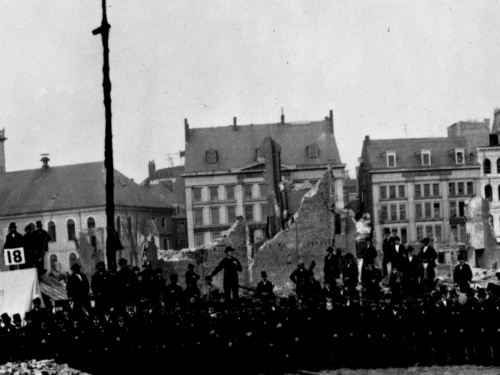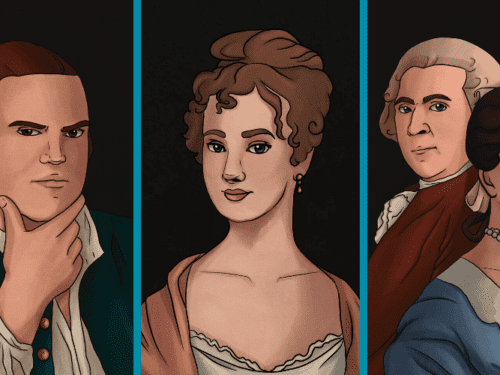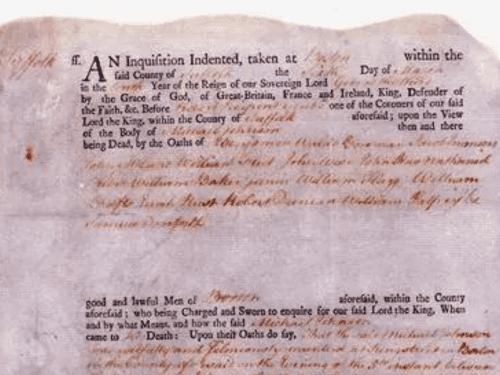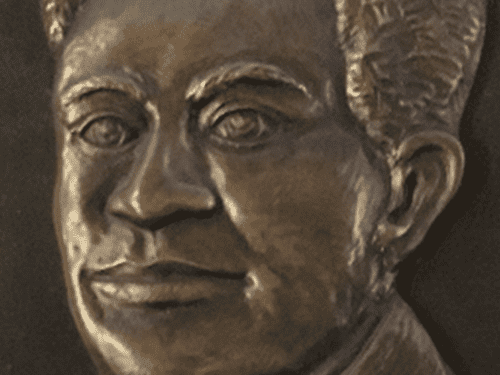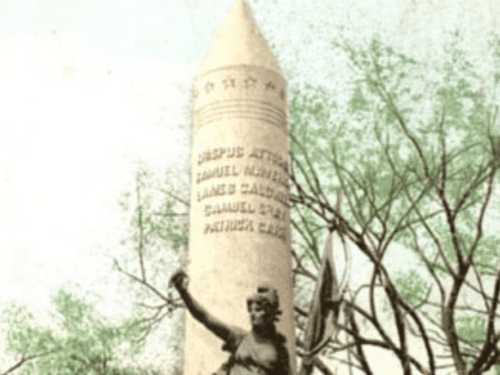
Through staff-written articles about the hidden gems of our collection and lesser-known stories of the city’s history, the Boston Reconsidered Blog invites readers to explore the extensive, complicated, and diverse history of Boston. Our blog posts bring our 18th century sites to researchers, students, and everyday historians in an accessible 21st century format.
Get the Boston Reconsidered Blog delivered straight to your inbox!
Blogs
Resilience at Old South Meeting House
Every day that we adapt our lives to stay inside and protect each other or go back on the front lines as an essential worker in this epidemic, we show our capacity for resilience. While this current moment feels unprecedented, Bostonians have been through crises before, building resilience along the way, together. Like all of […]
Read More How the 18th Century Responded to Illness Before Netflix and Zoom
In these uncertain times, we’ve been reflecting on how the founding generation lived and dealt with illness, just as we’re all doing today. We took a look at how six prominent Bostonians managed illness in their lives before the times of widespread vaccines and constant social media updates. Read on to learn more about Dr. […]
Read More From the Boston Massacre to Black Lives Matter
Over the almost 250 years since his death, Crispus Attucks has remained a symbol for various movements advocating for African American rights, from Abolitionism to the Civil Rights Movement. 21st Century movements have been no different. Attucks’s identity has been yet again recovered by the grassroots Black Lives Matter movement.
Read More America’s Bicentennial
On October 17, 1976, to mark the bicentennial, the Boston Equal Rights League and the City of Boston held a ceremony in honor of Crispus Attucks, whom many considered an African American patriot and the first martyr of the American Revolution.
Read More Patriot or Fool? Crispus Attucks and the Civil Rights Movement
As civil rights leaders argued for basic freedoms for African Americans as American citizens, Crispus Attucks became a symbol of the continuous contribution of blacks to the nation. Many viewed his actions on that fateful day in March 1770 as a demonstration of the deep patriotism of blacks since the founding of this country, patriotism that African Americans still celebrate many years later.
Read More Anthony Burns and the Fugitive Slave Act
The Fugitive Slave Act of 1850 was a contested law that gave Southern slaveholders the power to intrude in Northern cities and take alleged fugitive slaves back to captivity. Animated by the hotbed of abolitionism taking hold in the city, Boston activists worked to maintain the freedom of fugitive slaves and even fought violently to maintain black freedom. Under these circumstances, many abolitionists invoked the memory of Crispus Attucks to justify their actions and called upon the need for black freedom.
Read More 

